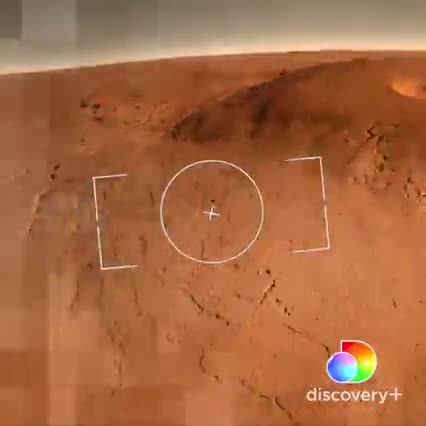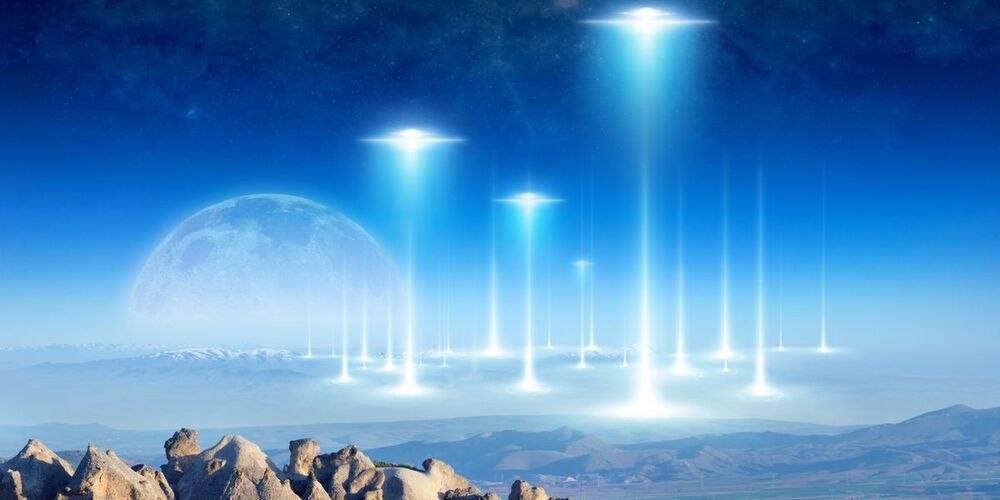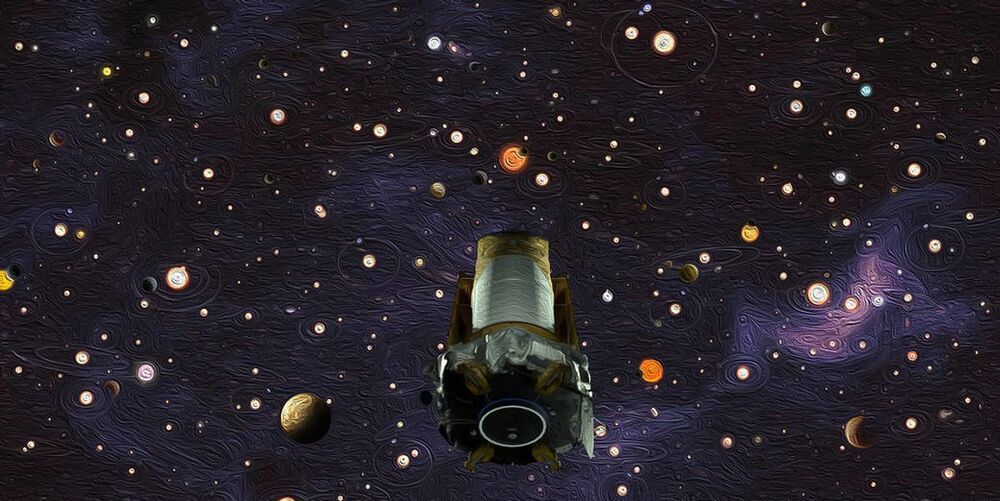If our universe is a bubble that inflated inside a larger multiverse, it might bear scars from collisions with nearby bubbles.
What lies beyond all we can see? The question may seem unanswerable. Nevertheless, some cosmologists have a response: Our universe is a swelling bubble. Outside it, more bubble universes exist, all immersed in an eternally expanding and energized sea — the multiverse.
The idea is polarizing. Some physicists embrace the multiverse to explain why our bubble looks so special (only certain bubbles can host life), while others reject the theory for making no testable predictions (since it predicts all conceivable universes). But some researchers expect that they just haven’t been clever enough to work out the precise consequences of the theory yet.
Now, various teams are developing new ways to infer exactly how the multiverse bubbles and what happens when those bubble universes collide.







